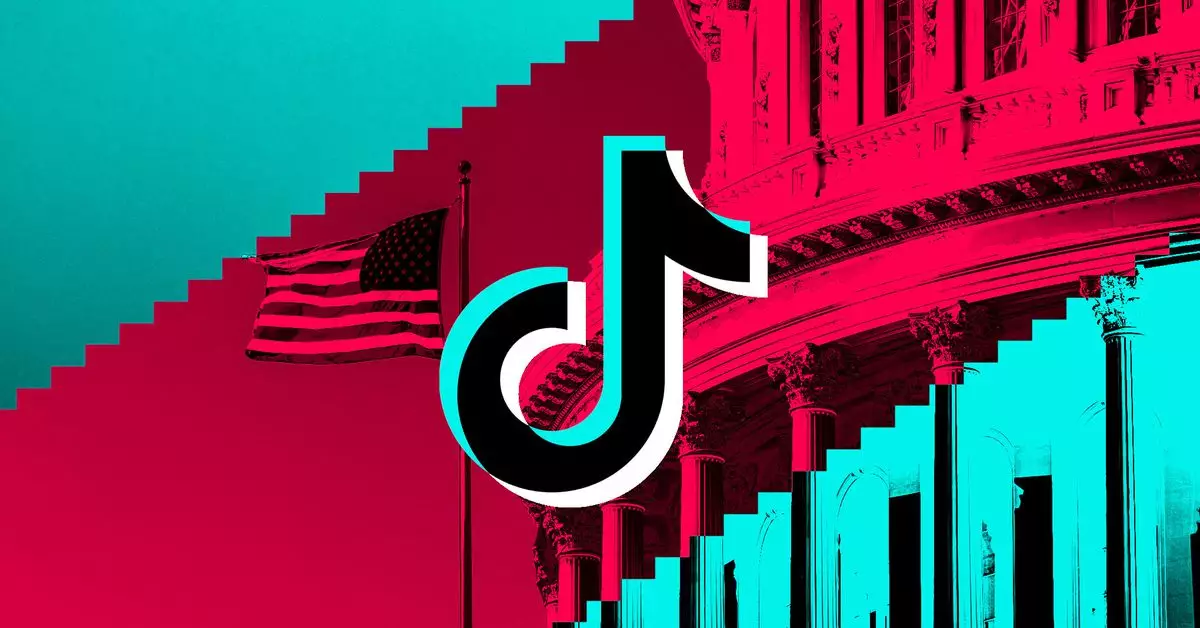The turbulent relationship between the United States and TikTok has exploded into a significant legal and political affair. Recently, former President Donald Trump crafted an executive order aimed at the Department of Justice to halt the enforcement of a rule compelling TikTok’s parent company, ByteDance, to divest its American operations. This order, issued on his first day back in the political spotlight, underscores the complexities surrounding foreign applications and their impact on national security—a theme that has resonated increasingly in the geopolitical landscape.
Trump’s order seeks to push back against the legislation known as The Protecting Americans from Foreign Adversary Controlled Applications Act, which mandates a strict timeline for ByteDance to relinquish its stake in TikTok. This law was designed to mitigate potential security threats tied to foreign control over the app, which has come under fire for its data handling practices. By postponing enforcement, Trump aims to provide his administration with additional time to explore a viable path forward regarding TikTok’s operations in the United States.
Critically, the executive order not only pauses regulatory actions for 75 days but also instructs the Attorney General to reassure tech giants like Apple and Google that they would not face penalties for their engagements with TikTok during this specified period. This could be viewed as either a protective maneuver for U.S. companies or a politically motivated attempt to leverage their influence.
Despite Trump’s optimism, the legal standing of this executive order raises numerous questions. The ability for a former president to unilaterally override a law enacted by Congress highlights the tension between executive power and legislative authority. Furthermore, the law does provide for a 90-day extension; however, only if ByteDance had announced a sale prior to the deadline—a condition that has not been met.
This creates an atmosphere of uncertainty. Legal experts have pointed out that companies associated with TikTok may still face severe financial repercussions should they choose to disregard the law’s stipulations. Allegations of penalties reaching upwards of $850 billion are daunting enough to prompt many companies to reconsider their involvement with the platform entirely, despite Trump’s reassurances. Therefore, the executive order may offer limited refuge from the legal implications that loom large.
The intricacies surrounding TikTok are compounded by the political dynamics inherent in this narrative. Trump’s past attempts to ban the application during his initial term serve as the backdrop for his current actions, prompting some to view his latest moves as a means of reconnecting with a substantial voter base wary of foreign influence. This scenario demonstrates the intersection of business, technology, and politics in the modern era, where decisions on national security can pivot dramatically based on shifts in administration.
Moreover, Trump’s assertion regarding a potential 50 percent ownership of TikTok by the U.S. government through a “joint venture” adds another layer of complexity to the situation. This proposition could be ground-breaking, potentially allowing the U.S. to exert greater control over TikTok’s operations while simultaneously claiming to safeguard American interests against foreign adversaries. However, the practical execution of such a model remains in the realm of speculation, prompting skepticism among observers.
The path forward for TikTok, ByteDance, and any companies vying to engage with the application remains uncertain amidst a legal quagmire exacerbated by swift executive maneuvers. While Trump’s executive order may appear to grant temporary respite, the inherent contradictions and the robustness of U.S. law present a formidable challenge. Companies still face the daunting reality of potential litigation and hefty fines, deterring them from reinstating TikTok despite the executive reassurances.
As the political landscape continues to evolve, one thing remains clear: the tug-of-war between legislative mandates and executive orders will undoubtedly shape the future of not only TikTok but also digital policy on a broader scale. Understanding these dynamics is crucial, as they will forever inform the manner in which foreign digital applications are managed within the United States. As potential negotiations unfold, the attention will remain fixed on the roles of political influence, economic implications, and public sentiment in this digital age of uncertainty.


Leave a Reply